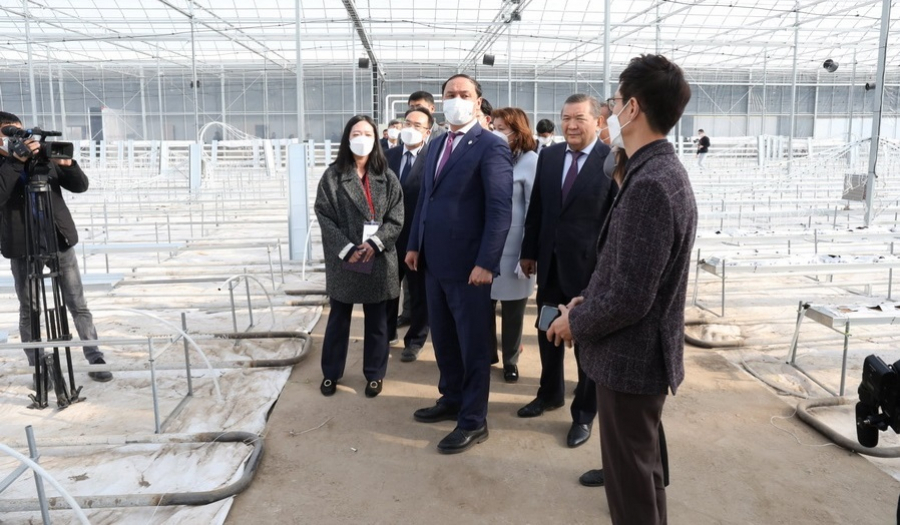
Kazakh scientists have developed new varieties of wheat, both hard and soft. The developments of the crop breeders of the Akmola region are drought-resistant and highly productive. Thus, the average yield of new wheat varieties is 15 centners per hectare. Experts of the Center for Grain Farming say that all advantages and disadvantages of cereals will now be tested in special fields.
“Soft wheat, which has no working name yet, is being prepared to pass on the line. But it has the bread quality of flour at the standard level and even higher. The main parameter is to be suitable for our drought-tolerant conditions. There are separate requirements for solid wheat. The main requirement, as always, is yield and crop resistance. For hard wheat, it is its hardness and, when pasta is made, its cooking property that are important,” said Irina Oshergina, Head of Crop Selection Department.
Meanwhile, in eastern Kazakhstan, crop breeders put their focus on potatoes. Local biologists were the first in the country to program potato’s antiviral immunity - and that’s due to plant and therefore ecological symbiosis. This will allow potatoes to overcome the disease without pesticides and fertilizers. Overall, scientists are preparing to introduce over 60 varieties of early-maturing potatoes adapted to short daylight hours, frost and drought into crop rotation. It is estimated that these tubers will yield 35 to 40 tonnes per hectare.
“Over 25 varieties were introduced. At the moment, in our collection there are about 60 varieties of highly-productive, adapted to our conditions varieties of potato, Jerusalem artichoke,” added Maxim Sutula, Head of National Laboratory of Collective Use in East Kazakhstan Region.
The high quality and efficiency of products of local selection have already been noted by Kazakh farmers. They are actively purchasing new varieties.
Translation by Assem Zhanmukhanova
Editing by Galiya Khassenkhanova









